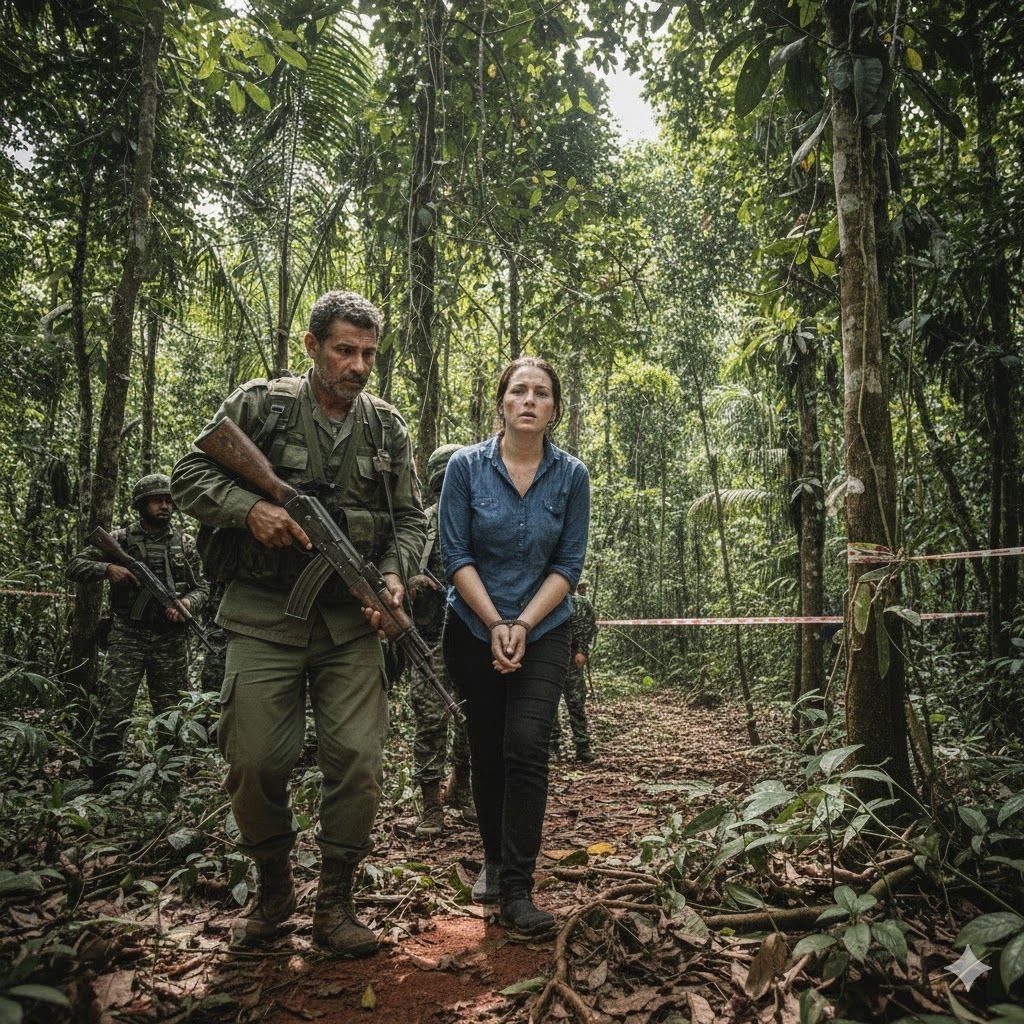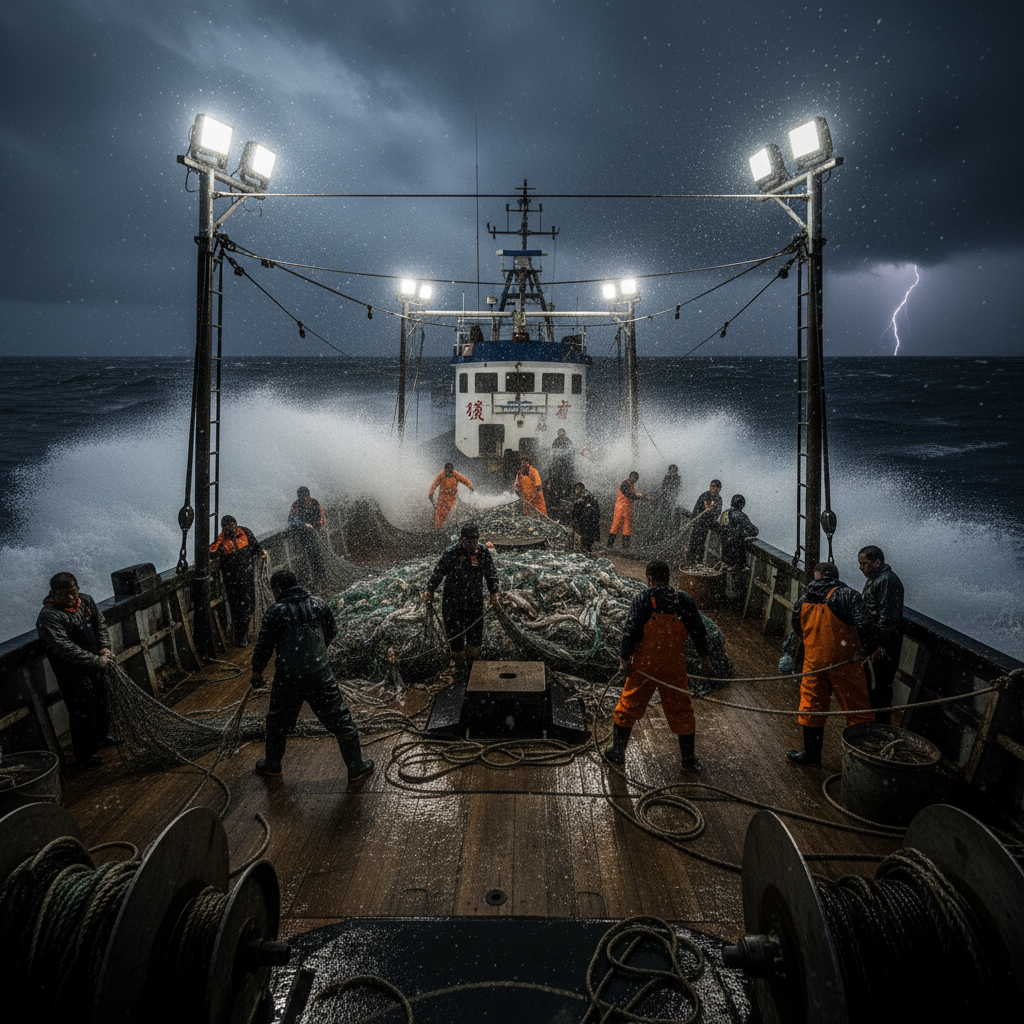Evidencity Welcomes Charles White as Senior Advisor
ANNAPOLIS, MARYLAND, UNITED STATES, July 11, 2024 Evidencity, a tech-enabled service that helps you see what you cannot see about people and companies in emerging markets, announces the appointment of Charles White as a new senior advisor to the company.
With a career spanning nearly four decades in the fields of security and risk management, White brings a wealth of experience and insight to the Evidencity team as they continue their expansion into the Eastern European market.

White boasts nearly 40 years of experience as a leader in designing, building and implementing comprehensive security solutions for leading organizations across the globe, including Airbnb and PwC. He has also held various leadership positions with the U.S. Secret Service, a law enforcement and security agency that protects the U.S. financial infrastructure and monetary obligations, as well as provides security for the President of the United States, foreign heads of state visiting the United States and events of national significance.
“It is an honor to join Evidencity, a company whose mission to facilitate ethical international business aligns perfectly with my values,” said Charles White, senior advisor for Evidencity. “I look forward to leveraging my experience to help expand our footprint in Eastern Europe. This region is becoming increasingly important due to significant legislation like the EU’s Corporate Sustainability Due Diligence Directive, which sets a new standard for responsible business practices across the EU.”
Charles’ extensive experience and deep understanding of the Eastern European market make him an invaluable asset to Evidencity. His role will be pivotal in supporting the company's business development efforts and enhancing its footprint in the region.
"I have known Charlie for years, and we have worked together well on important and sensitive projects before,” said David Niccolini, co-founder at Evidencity. “At the 2019 Africa Cup of Nations in North Africa, Charlie did an incredible job handling logistics and security, and I’m looking forward to utilizing his extensive expertise at Evidencity as we continue to expand into Eastern Europe.”
Evidencity is a tech-enabled consulting service that facilitates access to information and on-the-ground knowledge in challenging jurisdictions for investigators, compliance officers, researchers, journalists, and others. The company exists to combat modern slavery through investigative due diligence, supply chain transparency, and financial inclusion.
For more information about Evidencity or to schedule an interview with Charles White, please contact press@evidencity.com.



